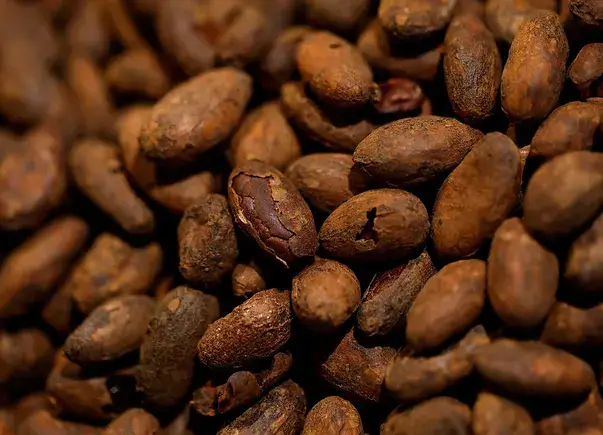The surge in cocoa prices has led to a rise in interest in chocolate substitutes as a more cost-effective and potentially sustainable solution for the confectionery industry. With chocolate prices skyrocketing due to climate challenges in cacao-growing regions like Côte d’Ivoire and Ghana, major food companies are feeling the impact on their profits. The CEO of Mondelēz, the company behind Oreo and Toblerone, has expressed concerns about the unprecedented inflation in cocoa costs.
As the prices of cocoa continue to soar, companies like Voyage Foods are gearing up to scale their cocoa alternatives to meet the growing demand. Voyage Foods is set to open a manufacturing plant in Ohio for its cocoa-free chocolate products and has partnered with food giant Cargill to expand its reach in the consumer packaged goods and foodservice industries.
While chocolate remains a significant segment in the confectionery industry, with sales amounting to $21.4 billion last year, there has been a decline in unit sales in recent years. Companies are now turning to cocoa substitutes not only for cost savings but also to address the volatility in cocoa prices.
Innovations in chocolate substitutes have come a long way, with companies like Voyage Foods focusing on creating alternatives that mimic the taste and texture of traditional chocolate. Their cocoa-free products are made with clean-label ingredients like vegetable oil, cane sugar, grape seeds, and sunflower protein flour, offering a range of flavors and applications.
Ingredient suppliers are also stepping up to offer alternatives to cocoa, such as Ardent Mills, which recently introduced a wheat-based solution that can replace up to 25% of cocoa powder in baked goods. These cocoa-free alternatives are not only cost-effective but also provide a sustainable solution to the challenges faced by the cocoa industry.
Consumer interest in sustainable chocolate options is on the rise, with research showing that three in four consumers are willing to purchase more sustainable chocolate products. Companies like Cargill are emphasizing the environmental benefits of cocoa-free alternatives, including a lower water footprint, reduced land-use impacts, and a decreased carbon footprint.
Despite the growing interest in chocolate substitutes, taste remains a significant barrier to wider acceptance. Companies are working to perfect the taste of their cocoa-free products to meet consumer expectations and provide a satisfying alternative to traditional chocolate.
As consumers become more mindful of sustainability, the demand for chocolate substitutes is expected to grow. While there may be challenges in replicating the taste of traditional chocolate, companies like Voyage Foods are optimistic about the future of cocoa-free alternatives and believe that consumers will increasingly embrace these innovative products.

